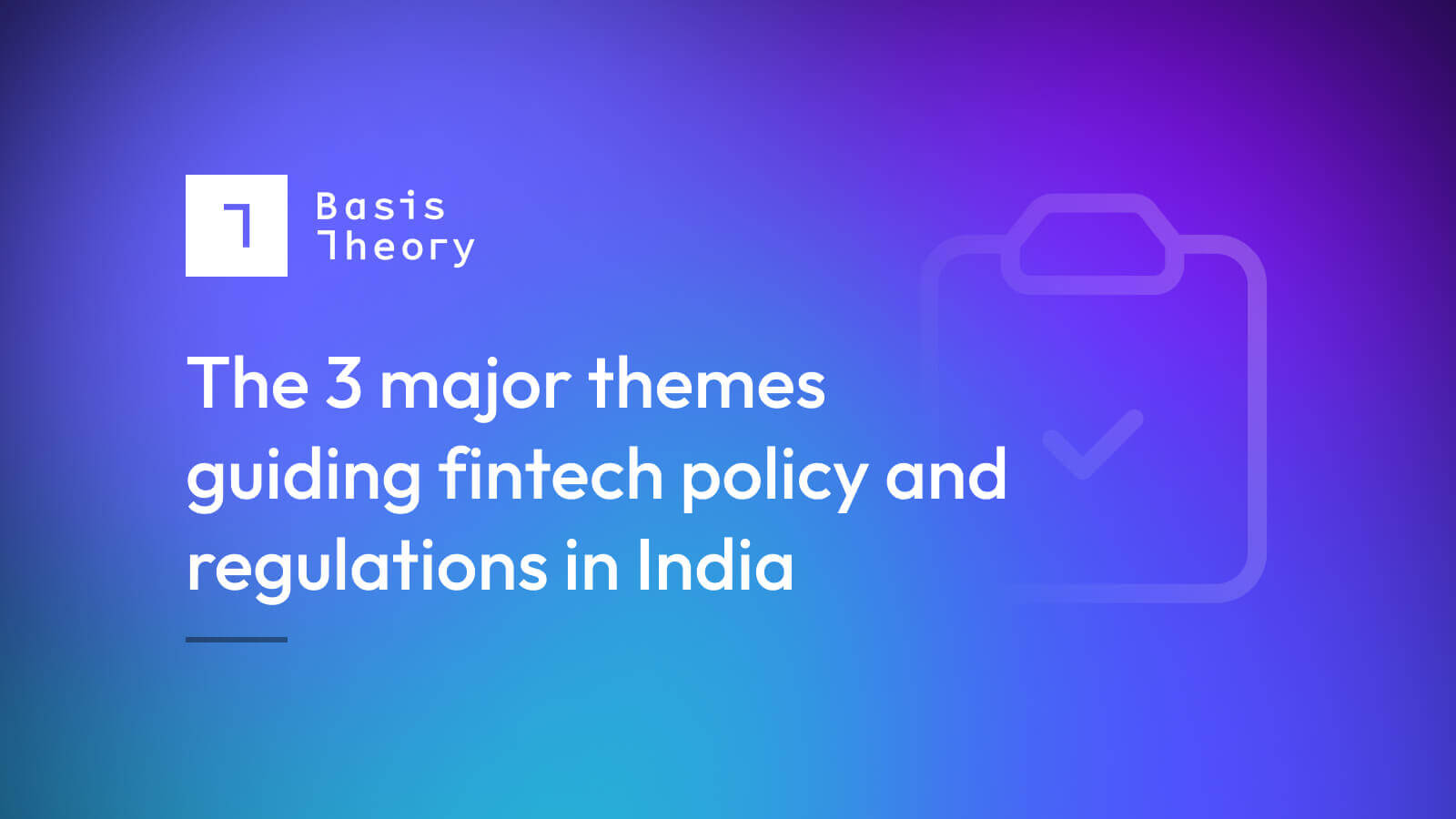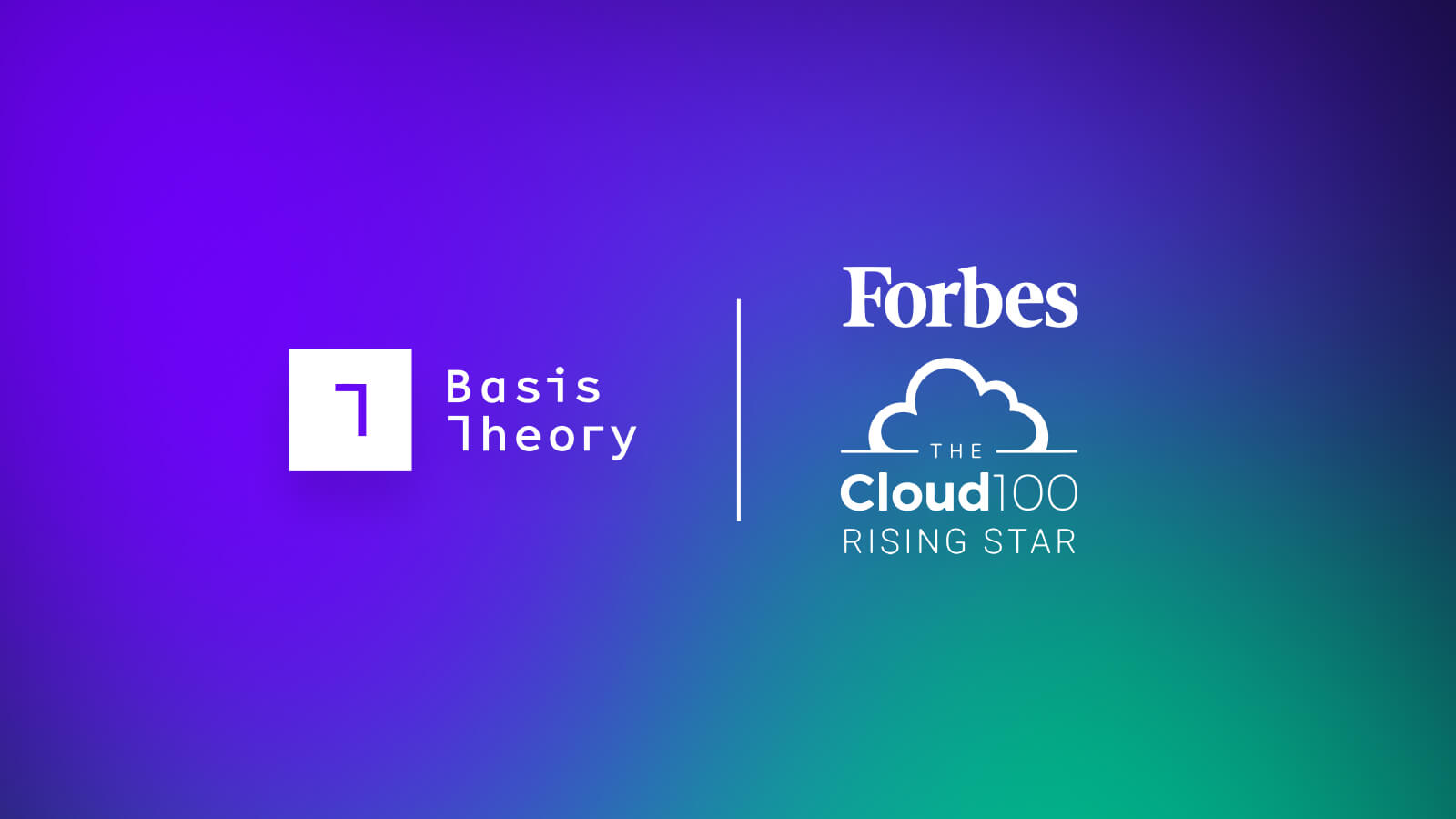3 Drivers and Benefits of Data Tokenization Platforms
.jpeg)
Making data tokenization accessible
Tokenization provides a simple way to secure and use sensitive data, but swapping the social security numbers sitting in your database with harmless tokens won’t deliver the same benefits that developers at Apple, Netflix, and Uber enjoy—at least not on its own. To unlock the full promise of tokenization, organizations need a compliant infrastructure (hosted or on-prem); strong security and compliance expertise; and flexible developer-friendly tools with fantastic documentation.
Until recently, most companies have been unable to build the supporting systems, culture, and functionality needed to deliver the gains Big Tech enjoys from tokenization. Tokenization platforms, however, bridge that gap by providing a hosted and compliant infrastructure to secure the data and the developer-friendly tools, experiences, and documentation to use it. As a result, organizations achieve similar privacy, security, and compliance postures for a fraction of the cost or time to build a data tokenization platform themselves.
Key Insight: Emerging platforms have simplified access to robust and cost-effective tokenization, democratizing its benefits and fueling its adoption.
Challenges and benefits of tokenization platforms
“I need to reduce my compliance scope and costs today and tomorrow.”
An organization’s compliance obligation scales somewhat proportionately and predictably with the size of its systems—the more applications using your sensitive data, the larger the compliance audit, budget, and headaches. (For example, our friends at Secureframe estimated that PCI ROCs to cost between $20,000 and $200,000, “depending on the size of your organization.”)
The concern, however, doesn’t stop with what we know to be true today. New emerging regulations and clarity—ranging from GDPR to PCI DSS—continue to evolve and emerge, forcing companies to rethink or update their data accordingly. Recently, the New York Times reported that “the number of policies that require digital information to be stored in a specific country more than doubled to 144 from 2017 to 2021.”
Fortunately, governments and industries isolated tokenization as a viable solution in their compliance requirements. When India announced its new requirements for storing cardholder data, the world’s second-largest country singled out tokenization as the only acceptable way to secure it. Nacha, the 50+ year-old governing body for the United States bank transfer network, highlighted tokenization as an effective solution to satisfying its new data protection requirements.
Customers benefit from tokenization platforms ongoing compliance postures, allowing their data to inherit the benefits of PCI compliant and SOC2 environments. Dedicated compliance experts also ensure that these systems meet new compliance requirements, local or global.
Key Insight: Tokenization platforms provide an enduring solution to meeting today and tomorrow’s compliance requirements, allowing companies to focus resources on capturing market share during times of uncertainty.
“I need to use data tokenization to share and use sensitive.”
Companies will always look for new ways to drive revenue, save costs, or create better user experiences. Recently, this has led teams to challenge previously held beliefs on what is or is not possible with sensitive data.
Tokenization shines here, providing the developer tools, permissions, and hosting environment needed to unlock new products, partnerships, and insights.
Some recent data tokenization examples:
Payment optimization
A popular retailer wishes to pursue payment optimizations including least-costing routing to reduce card transaction fees, but their card data is locked with their current provider. The retailer migrated the card data from their payment processor to a hosted compliant environment, using tokens and a proxy service to programmatically route payments to processors offering the lowest cost.
Confidential computing
A consortium of private companies wanted to leverage key aspects of its members’ propriety geo-location data without sharing the larger sample set. The consortium’s members migrated its data to a hosted environment and set up necessary permissions and controls to allow member’s to ask the dataset Yes/No questions.
Information and payment clearinghouse
An embedded finance app wanted to provide a seamless end user experience, but three parties needed varying pieces of information that would’ve required the customer to sign up for two distinct services. The embedded finance company used a compliant hosted environment, permissions, and a proxy service to establish a clearinghouse where Personally Identifiable Information (PII) and related payment information could be exchanged and only one registration was needed.
Embedded eCommerce
A popular streaming service provider wanted to allow its customers to shop ads with their existing card on-file (located on its hardware device), but couldn’t bridge the relationship from its existing payment processor to its retail partner (one of the largest in world). The streaming service used the tokenization platform’s proxy service to direct interactions to and from the retailer and processor, allowing the encrypted credit card number on their customer’s device to be used by its processor to pay the retailer.
“I want to use data tokenization to mitigate security threats.”
Whether a zero-day exploit or encryption-busting quantum computers, the security needs of tomorrow require a level of expertise and posture that few companies are willing to invest in today. While that leaves a significant gap that no one solution will bridge by itself, tokenization platforms offer various enduring benefits to protect your data.
- Mitigates the fragmentation and proliferation of sensitive data as system scale
- Centralizes the complexities of encryption and key management
- Upgrades encryption algorithms without loss of business functionality
- Offers distributed systems for global redundancy
- Provides dedicated tenant environments
- Certified and attested controls and environments
- Manages Infrastructure as Code
BONUS: The difficulty of securing data as a developer should not be discounted. The simpler it is for developers to do the right thing, the better the security and compliance posture of the entire company.
Key insight: Tokenization platforms simplify data security by abstracting the risky challenges of securing and managing data at rest.
Let’s recap
- A viable, valuable, and feasible tokenization solution requires a significant investment. However, tokenization platforms offer a cheat code to best-in-class capabilities.
- Data tokenization platforms allocate resources to ensure data housed in its hosted environment maintain a compliant stature.
- Data tokenization platforms unlock new opportunities for cost savings and revenue growth.
- Data tokenization helps address threats today and tomorrow by simplifying data security best practices.
We’d love to hear your thoughts and use cases around tokenization in our Community Slack channel or in-person!
.png?width=365&height=122&name=BTLogo%20(1).png)





